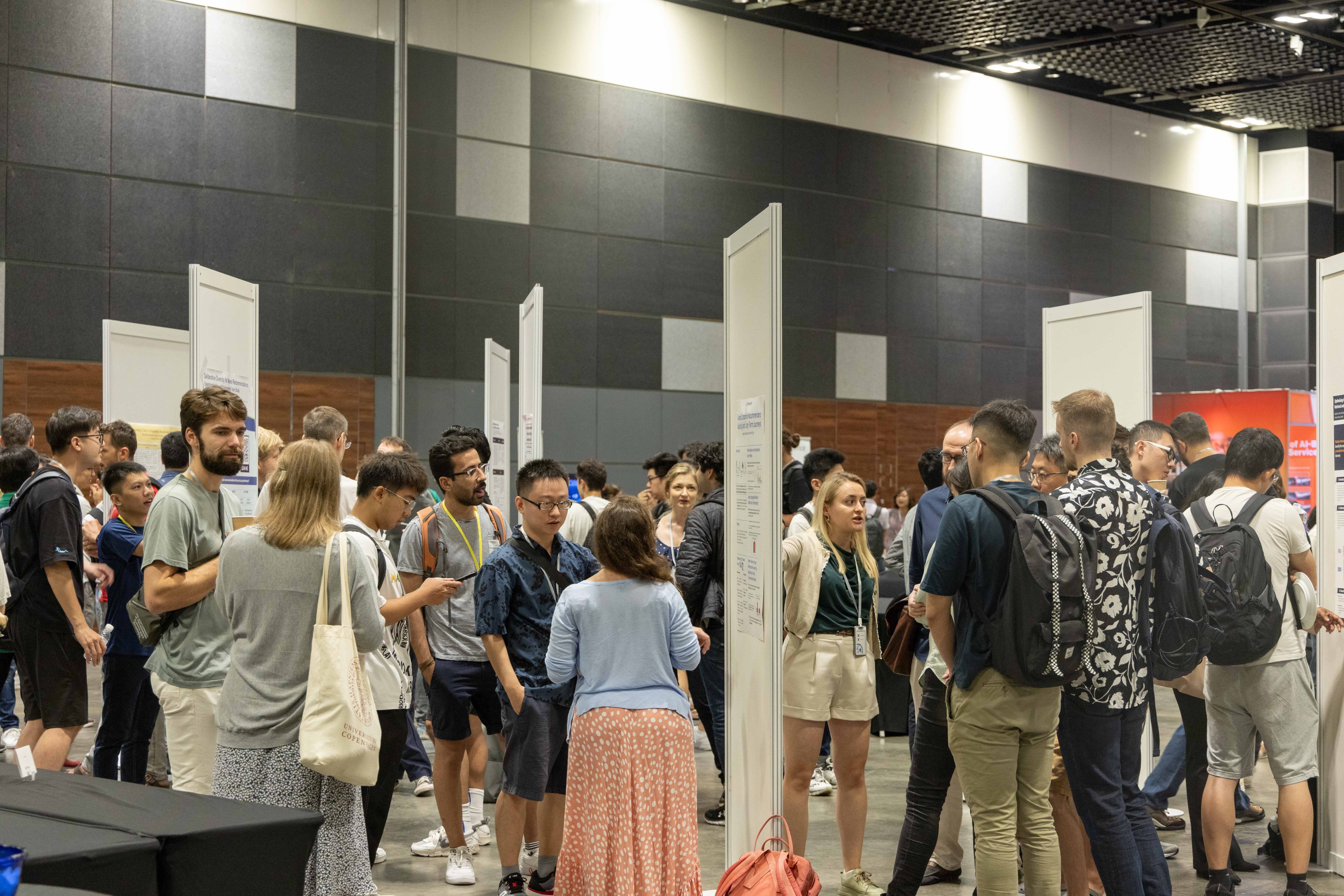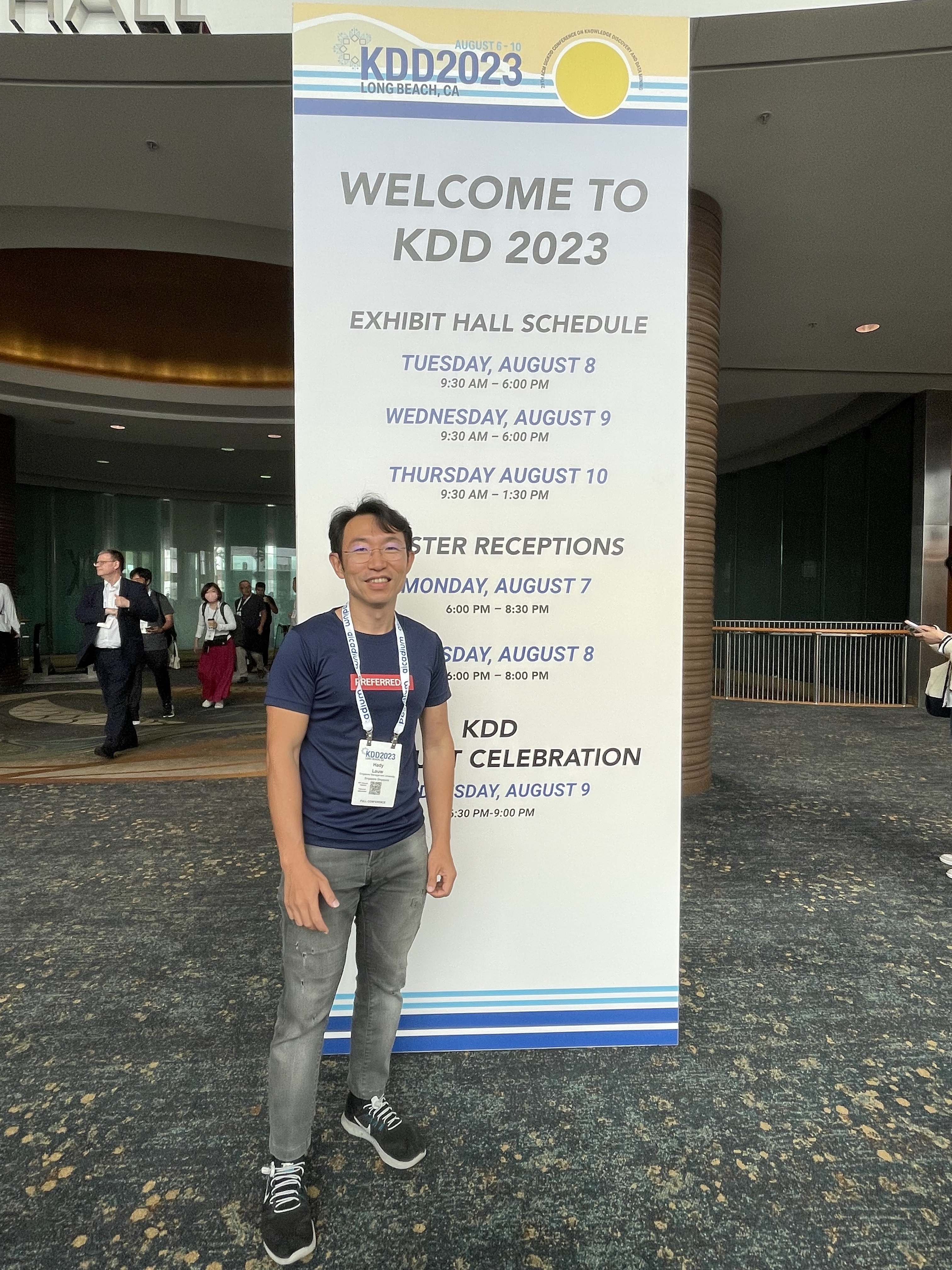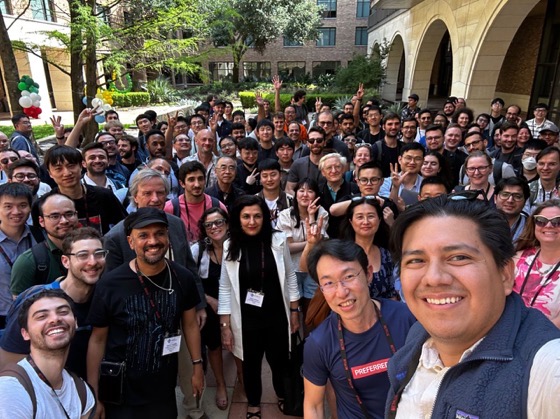
Robustly Poly-Skilled
On 25 June 2024, Lee Ween Jiann successfully defended his dissertation, titled “Incorporating Intrinsic Structures into Entity Matching and Representation Learning”. The work came...

On 25 June 2024, Lee Ween Jiann successfully defended his dissertation, titled “Incorporating Intrinsic Structures into Entity Matching and Representation Learning”. The work came...

In May 2024, a majority of the Preferred.AI members were involved in The Web Conference 2024, in various capacities, as organizers, authors, and attendees....

With the dream of chasing the best deals, we introduce to you ThriftCity, where data and technology meet your retail therapy needs.

On 27 November 2023, Chia Chong Cher (that’s three C’s) successfully defended his dissertation entitled “Effective and Efficient Semantic Representations and Their Applications”. His...

In September 2023, Hieu had the pleasure of attending RecSys’23, the 17th ACM Conference on Recommender Systems, held in Singapore. The conference venue was...

In August 2023, Hady attended the 2023 ACM SIGKDD International Conference on Knowledge Discovery and Data Mining, also known as KDD 2023. The conference...

On 12 May 2023, Zhang Ce successfully defended his dissertation, entitled “Document Graph Representation Learning”. The gist of it is to derive more holistic...

In May 2023, Hady attended The Web Conference 2023 (previously the conference series was known as World Wide Web or WWW). The conference was...

Hoang, Tuan, Aghiles, and Hady will be delivering a tutorial at the ACM Web Conference 2023 conference that will take place in May 2023...

WSDM (pronounced “wisdom”) is one of the premier conferences on web-inspired research involving search and data mining. The WSDM-23 conference took place in Singapore...